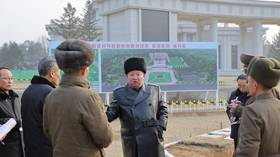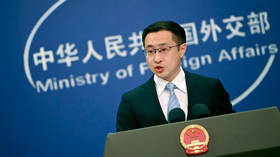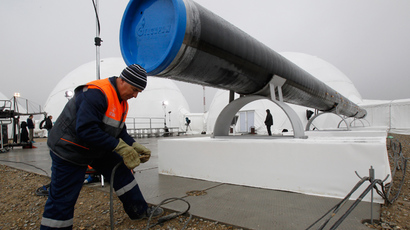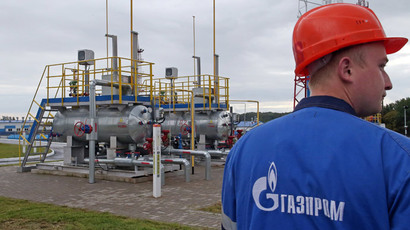Russia sues EU over ‘Third Energy Package’ - report
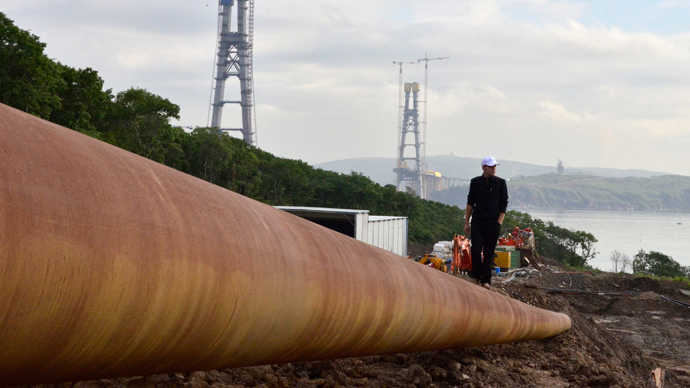
Russia has filed a lawsuit with the World Trade Organization (WTO) over the EU's so-called 'Third Energy Package,' according to media reports.
“This procedure is provided for in the rules of the Organization,” a source said, adding that “Russia sent a note to the EU Mission at the WTO and notified the WTO Secretariat thereof,” Itar-Tass news agency reported.
A second news agency, Interfax, stated that a “source close to WTO” spoke of “the start [of a] court examination.” The agency said it obtained confirmation from the director of the Ministry of Economic Development’s department of trade negotiations, Maksim Medvedkov.
Signed in 2007, the Third Energy Package outlines a set of rules regulating the European gas and electricity market. The European Commission insists the Third Energy Package was aimed at increasing competition on the energy market, allowing other players to join the sector and liberalizing energy prices.
One of the core elements prohibits a single company from both owning and operating a gas pipeline and contains rules on third party access to the natural oil transportation grid.
“These and other elements of the Third Energy Package, in the opinion of Russia, contradict the obligations of the EU in WTO on basic principles of non-discrimination and market access...the Third Energy Package creates serious obstacles to ensure a stable supply of Russian gas to the EU, including a threat to the construction of new transport infrastructure, for example, in the framework of the ‘South Stream,'” Medvedkov told Interfax.
Moscow broke ground on the South Stream project after securing agreements with intergovernmental agreements with all countries which the pipeline would pass through: Austria, Bulgaria, Hungary, Greece, Serbia, Slovenia, and Croatia.
The Third Energy regulation mandates 50 percent of the pipeline can be operated by Russia's Gazprom, but the other 50 percent must be operated by a third party, a condition Russian energy ministers do not accept, as Gazprom is the only company that has the right to export gas via pipeline.
Russian President Vladimir Putin previously stated that the "Third Energy Package" and other documents “should not be backdated to the contracts that were signed before the decision on the Third Energy Package came into force.”
Medvedkov has stressed that Russia has unsuccessfully tried to solve “emerging problems” on a bilateral level.
Now, under WTO rules, Russia and the EU have 60 days to hold joint consultations. If no solution is found during this time, Moscow can demand the right to initiate the creation of a group of independent arbitrators to look into the case.
However, Medvedkov has not ruled out the possibility of Russia and the EU reaching an agreement during consultations.
“We do not aim to have legal proceedings with Brussels for the sake of the judicial process, we want to ensure predictable conditions for export to the EU under WTO rules,” he said.
The Third Energy Package is a set of regulations for an internal gas and electricity market in the European Union. Its purpose is to further expand the gas and electricity markets in the European Union. The package was proposed by the European Commission in September 2007 and adopted by the European Parliament and the Council of the European Union in July 2009. It entered into force on September 3, 2009.
In late 2013, Russia filed a lawsuit against the EU over energy adjustments.







